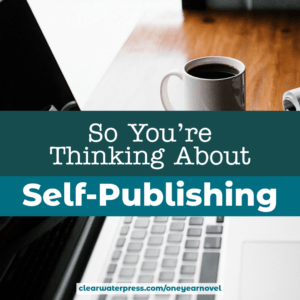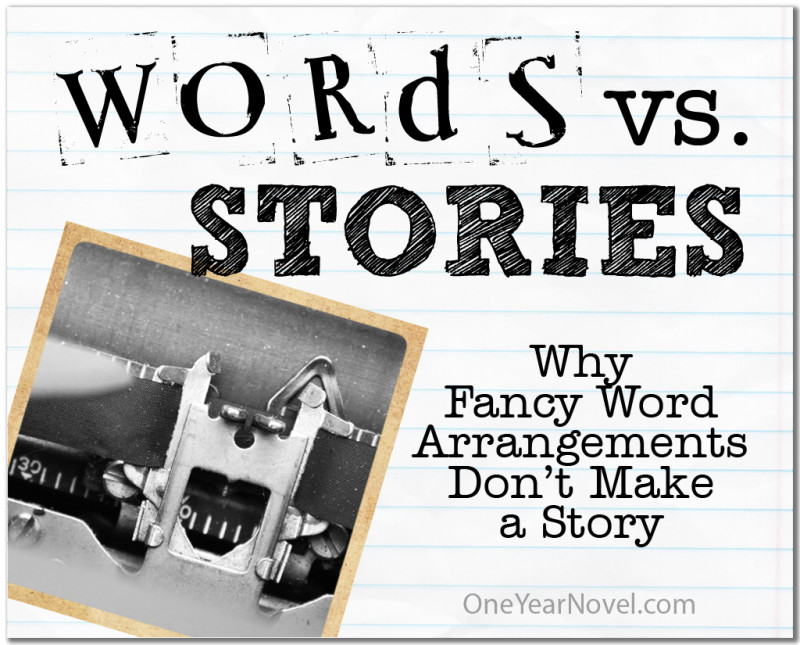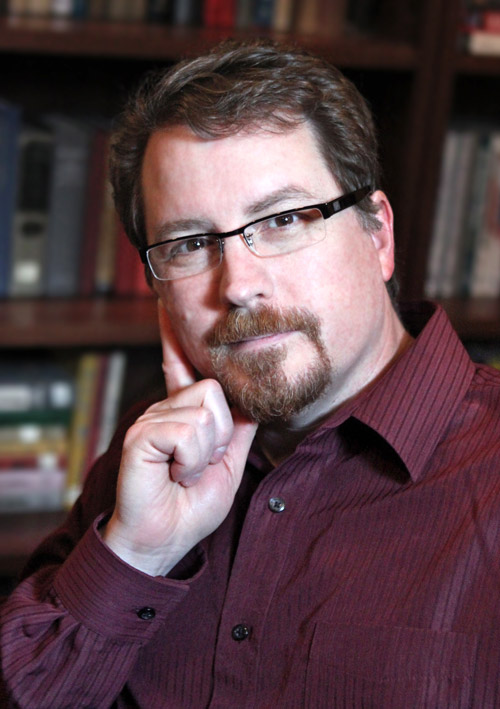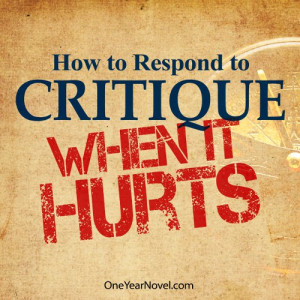So You’re Thinking About Self-Publishing
By Madelynn Orion, Student Contributor
So, you’re thinking about self-publishing—but where to start? I self-published my first book at the beginning of 2021, and in the process learned a lot I wished I had known beforehand. There’s more that goes into publishing your book than just making sure your story is the best it can be and your grammar is flawless, though that certainly is part of it. There are three questions that are important for every author who is considering self-publishing to answer: (1) Is my story ready? (2) Why do I want to self-publish? and (3) What’s my budget?
Is My Story Ready?
In some sense, this first question is an unfair one, because we won’t find out if we’re ready until we try to get the story published. For self-publishing, another way to put this might be by asking: is your story done? Have you let others read and critique your story? Have you wrestled through multiple drafts? Have you reached a point where you don’t know what else you need to improve or revise? When you start to view your story more objectively, you’re heading in the right direction. If you’ve put in the work, if you’re ready to move on, chances are you’re finished with the book. If you’re not sure if it’s publication-worthy, ask a more experienced writer or hire an editor to get their honest opinion.
I also want to caution those of you who are younger: while age certainly can be just a number, you may want to take extra time to answer this question for yourself. Don’t rush to get your first book published! You don’t want to regret publishing your books later down the line. Speaking from personal experience, I learned so much about writing during college that radically shifted my approach to my books for the better. The book I published in 2021 was the seventh novel I wrote, and I worked on revisions for five years before publishing it. Be patient with yourself and your publishing dreams. Give yourself time to grow.
Of course, this brings up another question that can be difficult to answer: When will I be ready? Like assessing if your story is ready, there’s no clear, objective answer to this question. Instead, some additional questions to ponder on this point may be: Have I learned about writing from multiple sources? The One Year Adventure Novel curriculum (OYAN) certainly is one of the best ways to learn how to write books, but it’s also valuable to get outside perspectives. Pick up a book written by a speaker you liked at the OYAN Summer Workshop and read that. Reflect on your writing weaknesses and find resources to help you grow in that weak spot. How many words have you written? Several authors and editors would tell you it can take 10,000 hours of writing or 1 million words written to really find your voice as an author. (In other words, a lot of practice!) Are you giving and receiving critiques? Practicing critiquing is a great way to hone your own skills as a writer and storyteller. As you notice ways others’ stories can grow for the better, you can start to pick out the same issues in your own writing. And, like with figuring out if your story is ready, seeking the advice and perspective of a more experienced writer is important, too.
At some point, you’ll have to take the plunge. None of us will ever be perfect writers, and we’ll continue to grow across the lifespan of our careers as authors. As long as you can honestly say you’ve put in intentional work to grow as a writer, you’re probably ready to take the first step.
Why Do I Want to Self-Publish?
To answer this question, research the pros and cons of traditional versus independent publishing. Self-publishing does have its perks compared to traditional publishing. Greater creative freedom and the chance to earn more on each book sold are typically listed as top advantages to self-publishing. Some authors decide to turn independent publishing into a career; others choose that option after years of unsuccessful querying to traditional publishers. Keep in mind that self-publishing also has its potential downsides: you must serve as your own editor, marketer, and more, and any option you pick will require some upfront cost (more on that in a bit). Knowing your motivations for self-publishing will help guide your direction toward success. Selling independently-published books is hard work, so if you like the potential of greater financial reward, just keep in mind you’re going to have to put a lot of work in as a salesperson!
One important aside on the creative freedom aspect of self-publishing: freedom to tell your story the way you want to tell it does not mean ignoring feedback. I would never advise anyone to publish a book that hadn’t been critiqued by others. Self-publishing shouldn’t give us license to publish unpolished stories that don’t take into account the wisdom of the writers who came before us. Speaking as someone who self-published because I wanted greater creative control, I used the critiques of several other writers to help guide my revision process and cut more than a few “darlings” out of the story to make it a better book.
What’s My Budget?
This is extremely important to consider upfront. Printing costs are only one aspect of upfront self-publishing costs. Self-published books are generally either ordered in bulk for a large sum of money (often in the thousand-dollar range) or produced through “print-on-demand” services that take from each book purchase rather than charging you directly. You may want to consider hiring a professional editor, invest in a cover designer, purchase your own website domain and professional web design services, pay for promotional materials or advertisements—and the list goes on. You’ll definitely want to research industry standard costs for editors, cover designers, etc. and make a personal self-publishing budget. Part of this is considering how (or if) you can recoup that invested money through book sales. I definitely wished I had researched this more thoroughly before I began! My book cover cost more than I expected—and I even got a discounted price by working with a friend.
Once you’ve answered those three questions and decided you’d like to self-publish, get started. Make a marketing plan. Set a publishing deadline for yourself. Research copyright law. Find your editor and cover designers. Format your book so your cover designer can know how thick the spine will be. And research! Find articles and books on this topic, ask questions of those who have done it before, and don’t be afraid to make mistakes. Sometimes you don’t know what you don’t know, right? Unexpected things will pop up. They certainly did for me. I knew nothing about formatting for publication, the cost of book covers, or how to create the copyright page for my book before I started. It’ll be the same for you when you get started: expect the unexpected along your journey.
And have fun along the way! While there certainly will be aspects of self-publishing that won’t be as enjoyable to work through, don’t forget to keep the end goal in mind: sharing your finished story with others. It is both an exciting and scary thing to publish your own work, but the joy of getting to share your finished story with others makes it all worth it.
…
Have you considered publishing a novel or other writing? Does traditional publishing or self-publishing appeal more to you, and why?
…
About Madelynn
Madelynn Orion writes fantasy stories for middle grade and young adults. Her debut novel, Our Company of Fools (published 2021), was a semifinalist in the One Year Adventure Novel Student Novel Contest in 2016. Madelynn is a member of the Society of Children’s Book Writers & Illustrators and serves as the Director of Story for the Subcreators, a community of artists in the Oklahoma City area. She is also a proud Baylor University alum, where she received her Bachelor of Arts in English. When she’s not writing, Madelynn enjoys cheering for the Minnesota Vikings and tackling the challenges of gluten-free baking.




Thanks for sharing, Madelynn!
Self-publishing is so daunting, and it is hard to know where to even begin to research. Your advice is helpful, and I would have appreciated it when I was researching!
It’s true that the financial aspect is very important, and it is not talked about very often.
Yes, there is such freedom in self-publishing, but it is also a huge responsibility.
It really is an education in and of itself.